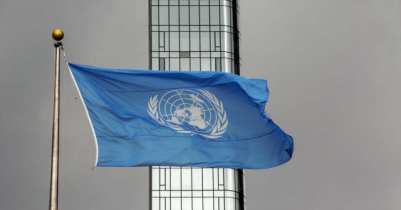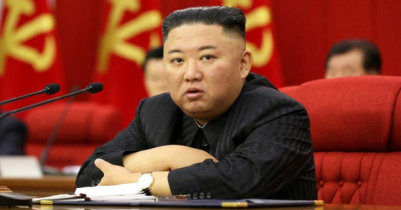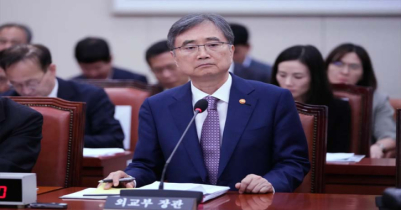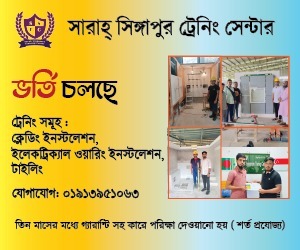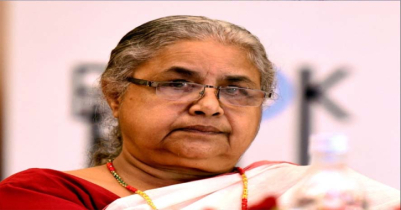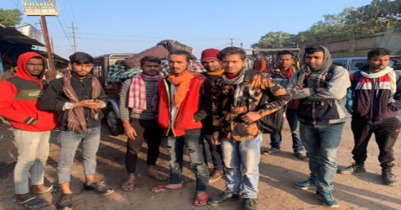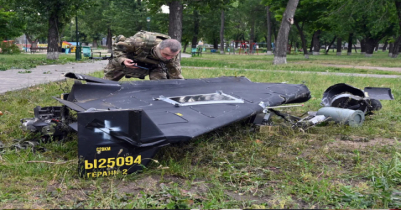Nepal Protests: Death Toll Hits 51, Sushila Karki to Be Interim PM
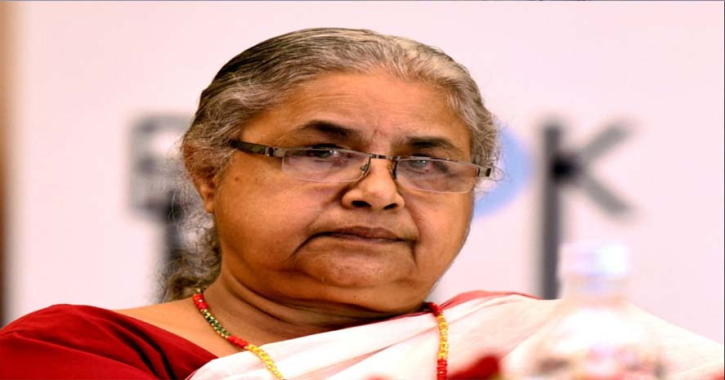
Published : 23:30, 12 September 2025
Nepal is facing one of its most turbulent political crises in recent memory as the death toll from ongoing anti-corruption protests has climbed to 51, with more than 1,300 people injured.
The unrest, driven largely by the country’s youth following the government’s sudden decision to shut down 26 social media platforms, quickly escalated into nationwide demonstrations demanding accountability and an end to entrenched corruption.
Protesters stormed government buildings, including parliament, the residences of the prime minister and president, and offices of ruling parties. The intensity of the uprising forced Prime Minister K. P. Sharma Oli to resign and seek refuge in an army barracks, leaving the country in political limbo.
Adding to the instability, more than 12,500 prisoners managed to escape from detention facilities across the country during the violence, with many fleeing amid attacks on jails by protesters.
Although some fugitives have since been recaptured, the scale of the mass prison break has significantly worsened security concerns, stretching the capacity of law enforcement and heightening public anxiety. Families of victims and detainees have pressed for transparency and accountability, while curfews and heavy military deployment remain in place across key urban centers.
In an unprecedented development aimed at calming tensions, President Ram Chandra Poudel has chosen former Chief Justice Sushila Karki as interim prime minister. Karki, aged 73, is Nepal’s first and only female chief justice, widely respected for her reputation as an independent and incorruptible figure.
She is scheduled to be sworn in later today, a move seen as a direct response to calls for leadership untainted by political patronage. Her appointment is intended to rebuild trust between citizens and the state, while creating a pathway toward institutional reforms and new elections.
The protests, widely characterized as a “Gen Z uprising,” represent a profound generational challenge to Nepal’s political elite.
Demonstrators have articulated not only frustration with corruption but also with long-standing governance failures that have hindered economic growth and social mobility.
Analysts believe Karki’s interim government will face the twin challenges of restoring order and initiating credible reforms, all while addressing the massive security risks posed by escaped prisoners. For many Nepalis, the hope is that her leadership will mark a turning point in steering the country away from entrenched dysfunction and toward a more accountable democratic process.
Source: Reuters; Associated Press; Times of India; NDTV; The Guardian
BD/AN




